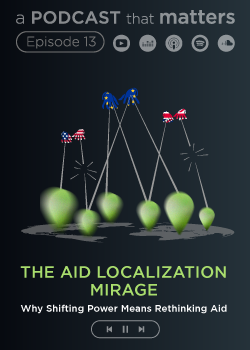Print

Development of the Juvenile Justice Model in Armenia
Details
Locations:Armenia
Start Date:Unknown
End Date:Unknown
Contract value: EUR 479,999
Sectors: Human Rights, Youth
Categories:Grants
Funding Agencies:
Date posted:Dec 17, 2012
Description
Development of the Juvenile Justice Model in Armenia.
The general objectives of the new instrument are to contribute to the development and consolidation of democracy and the rule of law and respect for all human rights and fundamental freedoms within the framework of the Community’s policy on development cooperation and economic, financial and technical cooperation with third countries, consistent with the European Union’s foreign policy as a whole.
This instrument is designed to help civil society to become an effective force for political reform and defence of human rights. In doing this, it will complement the new generation of geographical programmes, which will focus on public institution-building. The EIDHR will offer independence of action, which is a critical feature of cooperation with civil society organisations at national level, especially in the sensitive areas of democracy and human rights. Great flexibility and increased capacity to respond to changing circumstances or to support innovation, plus considerable independence of action since it does not need the consent of the governments of the countries concerned for the financing activities, are among the features of the new instrument.
The new instrument is global in scope. It operates at national, regional and international levels and supports actions carried out in third countries throughout the world, and also in Member States if relevant to needs in third countries.
To implement the new instrument the European Commission has adopted multiannual strategy papers which set out in detail the thematic and any geographical priorities.
The 2007-2010 strategy paper sets out five specific EIDHR objectives:
1. Enhancing respect for human rights and fundamental freedoms in countries and regions where they are most at risk.
2. Strengthening the role of civil society in promoting human rights and democratic reform, supporting the peaceful conciliation of group interests and consolidating political participation and representation.
3. Supporting actions on human rights and democracy issues in areas covered by EU guidelines, including dialogues on human rights, human rights defenders, the death penalty, torture, and children and armed conflict.
4. Supporting and strengthening the international and regional frameworks for the protection of human rights, justice, the rule of law and the promotion of democracy.
5. Building confidence in and enhancing the reliability and transparency of democratic electoral processes, in particular through election observation.

